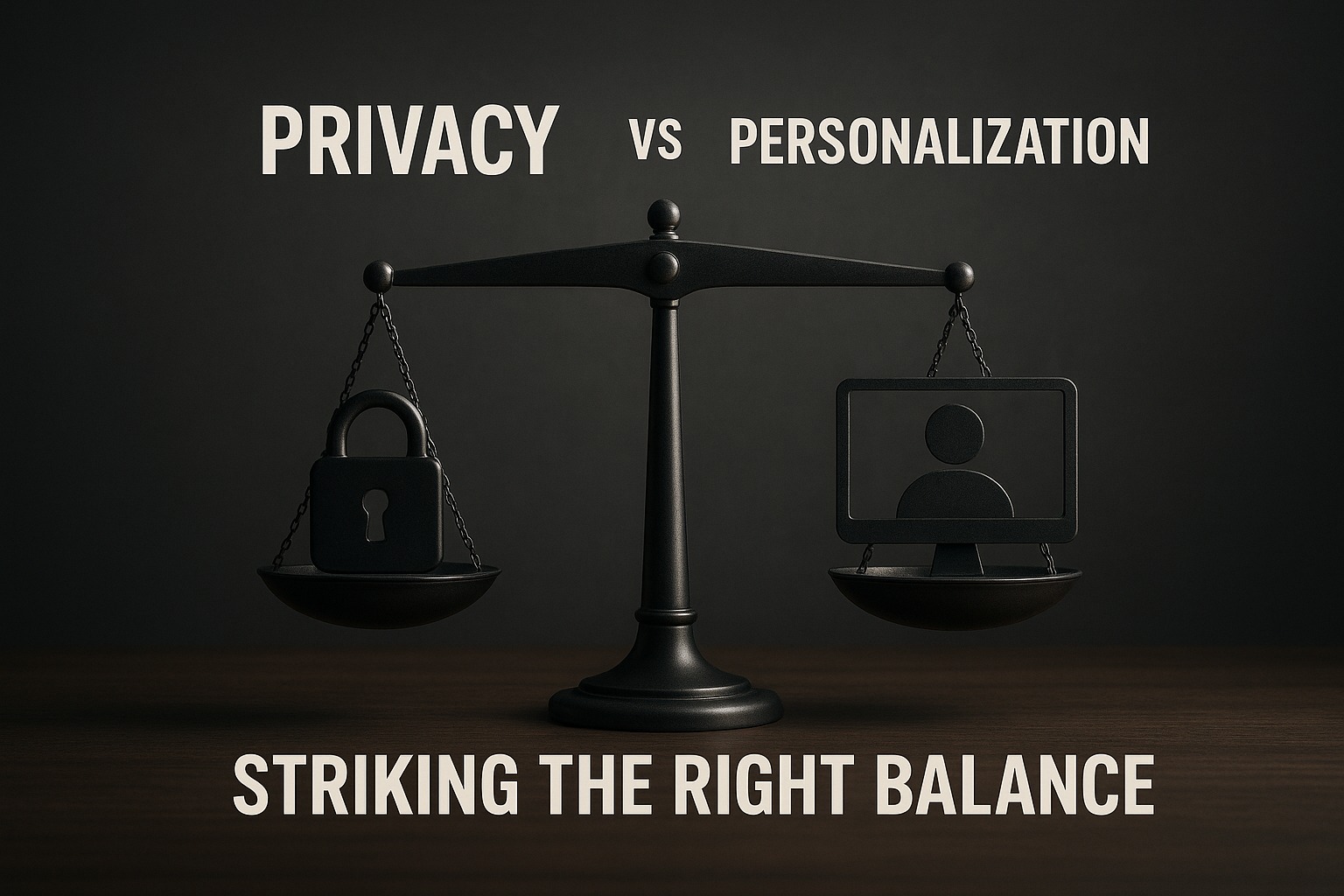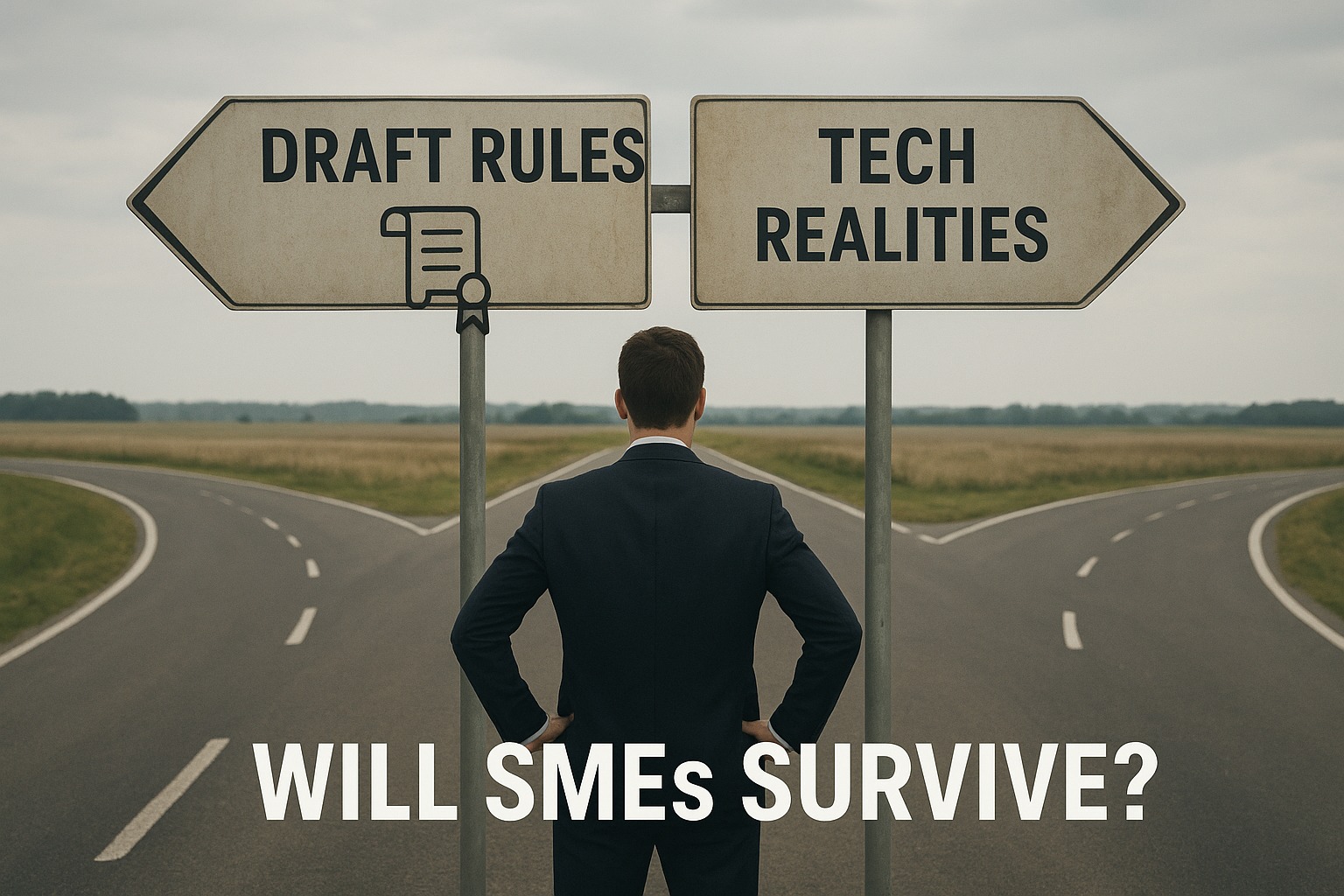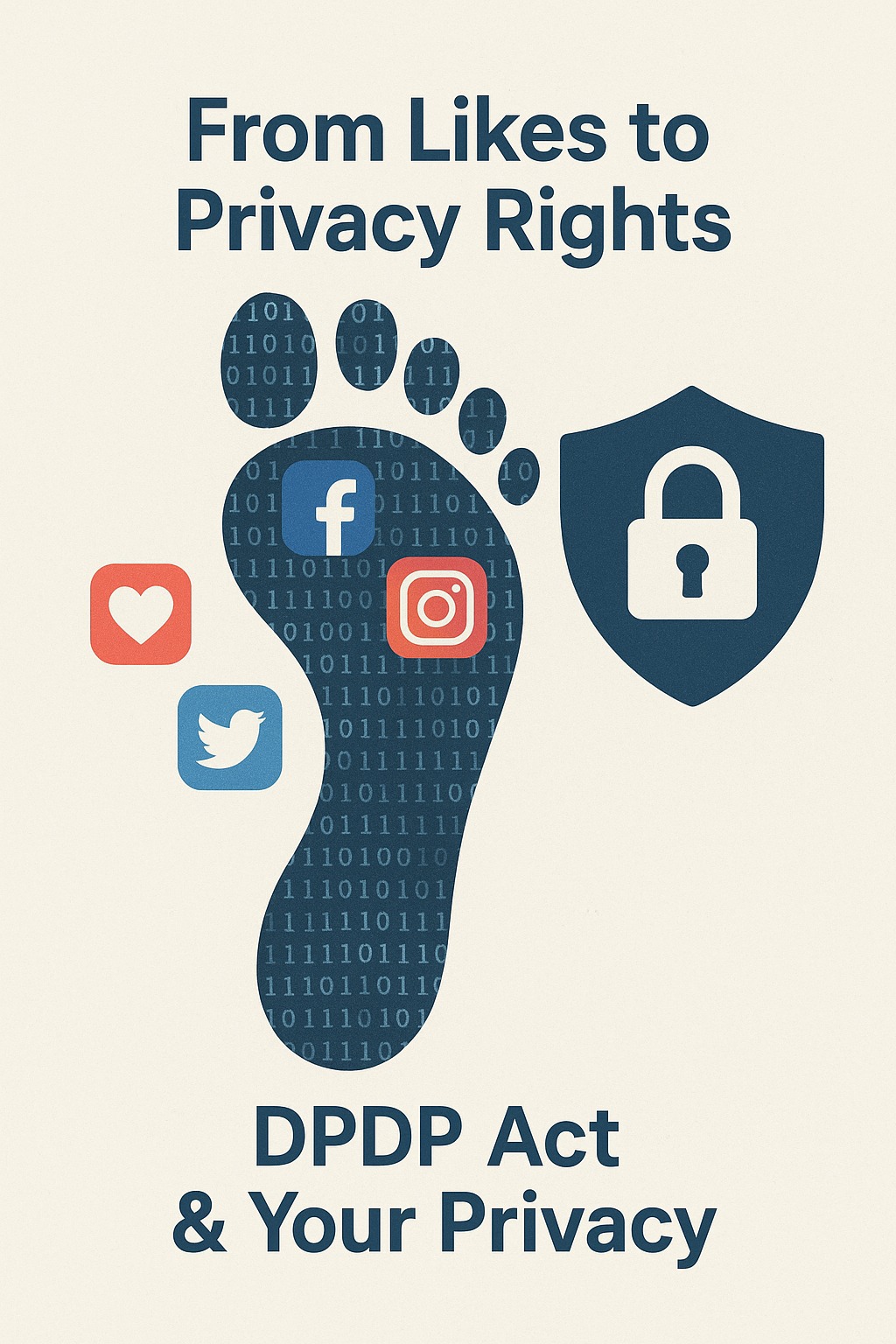INDISEC Insights
INDISEC Insights brings you expert perspectives, industry updates, and practical guidance on data privacy and compliance.
Privacy vs. Personalization: Striking the Right Balance
This blog explores the delicate balance between personalization and privacy in today’s digital economy. While personalized experiences enhance customer satisfaction and loyalty, they often rely on extensive data collection, raising privacy concerns. Aparna Mitra highlights global regulations like GDPR and CCPA, and outlines best practices—such as consent-driven personalization, data minimization, and privacy-enhancing technologies—that businesses can adopt to build trust, stay compliant, and deliver meaningful user experiences without compromising data privacy.

Draft Rules & Tech Realities: Will SMEs Survive?
This article explores how India’s Draft DPDP Rules, 2025 translate the law into real-world compliance challenges for startups and SMEs. It unpacks key obligations around consent managers, erasure protocols, and DPIAs, while breaking down the operational and technical realities smaller organizations must tackle. Through practical checklists, sector notes, and fictitious mini-case studies, the blog provides an objective roadmap to help SMEs turn legal mandates into workable systems and even competitive advantages.

From Likes to Privacy Rights: How does the DPDP Act Protect Your Social Media Footprint
In today’s digital age, social media is more than just a platform for entertainment—it shapes our identities, relationships, and even livelihoods. Every like, share, or post leaves behind a trail of personal data, from basic details to location and behavioral patterns. While this data fuels connectivity and personalized experiences, it also exposes us to risks like misuse, breaches, and even manipulation through tools like deepfakes. Recognizing these challenges, India’s Digital Personal Data Protection (DPDP) Act steps in as a safeguard, ensuring that our digital footprints are not exploited but protected, making privacy not a privilege, but a right.







